In my pursuit of fitness, I often walk the fine line between health and harm, teetering on the edge of exercise addiction. This journey from self-improvement to the brink of self-destruction marks a relentless fight against my inner compulsions. My exercise routine dictates my eating habits, and vice versa, creating a cycle of control and anxiety that is difficult to break. Therefore, finding balance in my life is challenging.
Fitness: From Passion to Obsession
Initially, fitness was my way to escape from reality. The gym became a sanctuary where I could channel mental turmoil into physical growth. I fell in love with the process, finding strength and empowerment with each rep and set.
However, I’ve become dependent on exercise to get through each day. What began as a healthy outlet for stress has now spiraled into an all-consuming obsession.
When Exercise Becomes an Addiction
While compulsive exercise isn’t formally classified as an addiction, it shares similar behavioral traits. For me, these include:
Prioritizing Exercise Above All Else
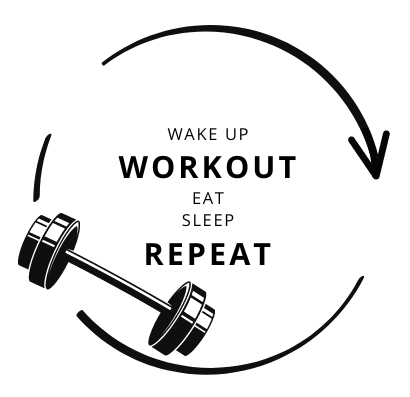
During the peak of my mental health struggles, I forced myself to wake up at 5:00 a.m. to workout. While early-morning exercise has its benefits, it became detrimental when I started sacrificing sleep. Over time, this routine evolved into a compulsion, and I felt like I had to stick to it. As time passed, I found myself arriving later and later to work, battling exhaustion throughout the day.
Transitioning to a new job eased the stress from my previous role, yet the compulsive exercise voice remains, and has perhaps intensified as I adjust to new routines and stressors. I plan each day around my workouts. Mornings are for strength training and walking on the treadmill. Throughout the day, I fixate on getting at least 10,000 steps. And the summer heat presents a new opportunity: to swim laps in my apartment’s pool.
Constantly Thinking About Exercise
My thoughts revolve around exercise. From the moment the alarm goes off to the end of the day, my mind is preoccupied with returning to the gym. Every night, my last thought before bed is, I can’t wait to work out again tomorrow.
Obsessing Over Numbers
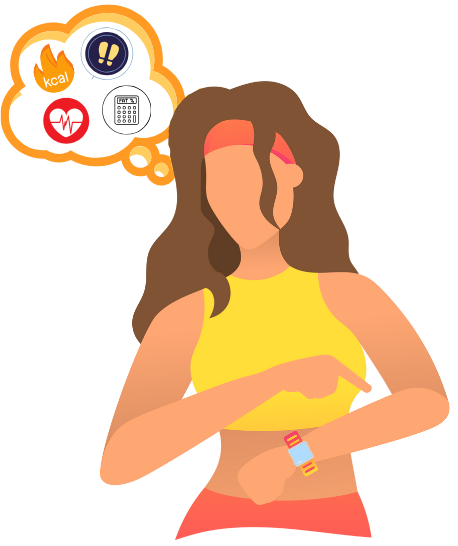
I live by my fitness watch, constantly monitoring steps, heart rate, and calories burned. My body comp scale serves as another way to measure my self-worth. How much muscle do I have? What is my body fat percentage? What can I do this week to sway those numbers?
Feeling Extremely Anxious About Missing a Workout
If anything threatens to take away or jeopardize my workouts, I get this surge of overwhelming anxiety. Whether it’s visiting my parents, traveling for work, or even something as simple as someone using gym equipment I need, any change in routine sends me into a panic. I have to workout. I need this to feel better. I need this to get through the day. I need it.
During these moments of disruption, I feel that my entire day is ruined. For instance, when I visit my parents for a weekend and can’t stick to my strict food and exercise regimen, my mind races with plans to “get back on track” as soon as I return home.
When I travel for work and have to book a hotel, I spend hours searching for the one with the most equipment and 24-hour access. I wake up early to fit in my workout before work because if I wait until after, it will be too crowded. And I have to workout. I have to get every set and every rep completed. I feel compelled to workout no matter the circumstances.
Continuing to Exercise Despite Harmful Effects
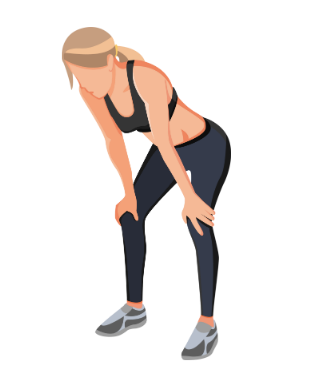
I live in a constant state of fatigue, pushing myself to exercise seven days a week, often twice a day in different ways. There have been several Saturday nights where I’ve told myself, “Okay, you need to let yourself rest tomorrow.” Then, Sunday morning comes, and I find myself wide awake, rushing to the gym. I’m tired. My body hurts. But I have to workout. If I don’t, my entire day will be ruined, and I won’t know what to do with my time.
Struggling with Guilt and Compulsive Urges
A couple of weeks ago, I actually followed through with my plan to skip the gym on Sunday, but guilt consumed me. My thoughts echoed, “You should’ve worked out today. You’re wasting the day. You’re being lazy.”
Despite knowing my body needed a break, I couldn’t silence that persistent inner voice. Skipping strength training wasn’t enough—I couldn’t allow myself complete rest. So, I put on my tennis shoes and went to the park to run.
Returning home under the midday sun, I swapped my running gear for a bathing suit and headed to the pool for a swim. For a moment, I let the cool water soothe my tired muscles, but soon enough, the compulsive exercise voice returned, “Swim another lap, and then another, and another…”
Resuming Past Exercise Routines
Now, I’m back in my old routine—exercising seven days a week, incorporating both strength training and cardio each day. Resisting the urge to exercise feels impossible.
Compulsive Exercise & Impact on Daily Life
My relentless pursuit of fitness consumes my existence, leaving no space for relationships, hobbies, or rest.
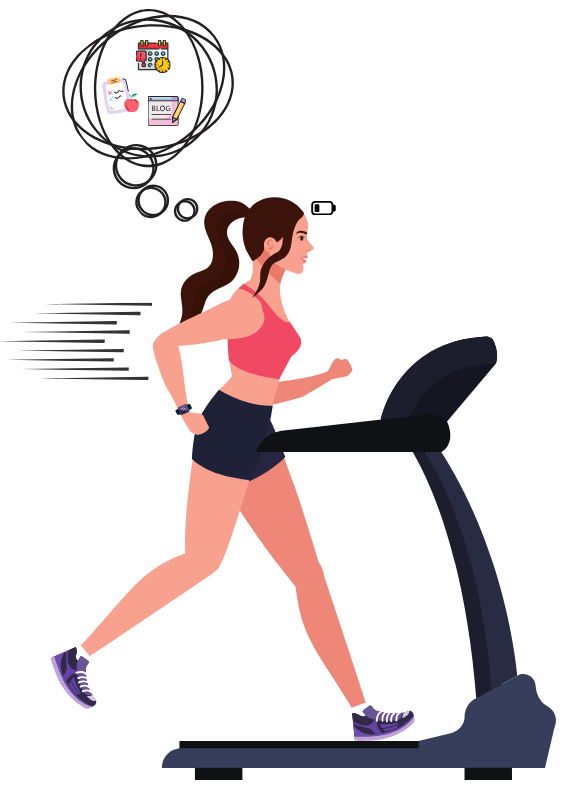
Social Life
I fail to form relationships, and if I do, I unintentionally sabotage them. Caught in the vicious cycle, I yearn for connection yet remain trapped within my own mind, making it impossible to let anyone in. Exercise has become more important, now a facet of my identity.
Work Conflicts
This fixation spills over into my professional life, where being someone’s employee poses a threat to my exercise routine. I often use my lunch breaks to go for a walk or swim. When someone schedules a meeting during this time, I get extremely anxious, as I scramble to find another time to meet my step goals.
After my workout, I feel brief relief before the demands of work flood my mind, adding to my anxiety and making it difficult to stay focused throughout the day. This is especially challenging in my role as content writer, where quick turnaround times clash with my naturally slow writing pace.
Personal Passions
I feel even more overwhelmed because writing is more than just a job; it’s also my passion. This blog has become a crucial outlet for creativity and self-discovery. Now, managing work responsibilities and nurturing my blog at the same time feels like an uphill battle. The fear of falling behind weighs heavily on me, knowing how much this means to me and how much effort I’ve invested.
Identity and the Burden of Responsibilities
Exercising, maintaining a healthy diet, and blogging, once sources of joy and meaning, now add to the weight of my responsibilities. Yet, they are my anchors amid life’s chaos; without them, I fear there would be nothing left, as I’ve neglected to make room for anything—or anyone—else.
The Role of Food in Exercise Addiction
My relationship with food and exercise are deeply intertwined, creating a harmful cycle that feeds off each other.
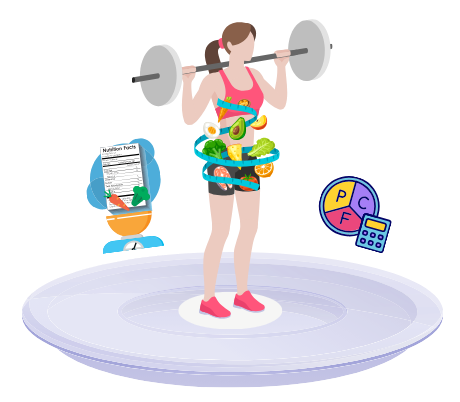
Earning and Compensating with Food
For most of my life, exercise has been a way to “earn” or “compensate for” what I eat. Whenever I contemplate taking a rest day, one of my first thoughts is, I won’t be able to eat as much or I won’t be able to eat X, Y, or Z. This has created a relentless cycle where food has become a reward or a punishment.
Fixation on “Clean” Eating
Since starting strength training, I’ve become obsessed with “clean eating.” My diet is mainly chicken, dairy, eggs, Greek yogurt, fruits, vegetables, and nuts. While the number of calories is still important to me, I’m equally as fixated on macros—ensuring adequate protein intake and minimizing sugar and carbs. After I workout in the morning, I allow myself some carbs, but I’m careful not to “overdo it.”
Obsessive Meal Planning and Preparation
I can’t even remember what it’s like to decide what you’re going to eat, get out the ingredients, and just make it. I’ll spend 45 minutes preparing a meal that should take half that time because I weigh and log every ingredient. Typically, I log my entire day’s worth of meals the night before or early in the morning, making sure I hit my targeted calories and macros each day.
Restrictive Mindset
Even though I eat enough calories (as indicated by my food tracking app), I still find myself thinking about food. Often, I wish I could have a slice of pizza or a cookie, but I deny them because they don’t fit into my clean eating regimen. This restrictive mindset has left me feeling “out of control” around foods I’ve banned. This fuels the binge-restrict cycle, with exercise as the means of compensation.
Anxiety and Guilt
Any deviation from my food rituals triggers overwhelming anxiety. For instance, I rarely eat out at restaurants because I want to have control over the portions and ingredients. If I dine out and calorie counts aren’t listed on the menu, I panic.
When I travel for work and stay in hotels, my mind races with concerns about food. How will I manage without my carefully controlled meals? I fear exceeding my calorie limit or missing my macros, jeopardizing my hard-earned fitness progress.
If I “mess up” and stray from my food rituals or I succumb to a binge, waves of shame and guilt overwhelm me. I can’t believe I just did that. I’m going to get fat and lose my lean appearance. Immediately, I’m thinking about how to “get back on track.”
Breaking the Cycle of Control
My journey with exercise has evolved over the years, but one thing has remained constant: clinging to the illusion of control. This obsession intertwines with my complex relationship with food. Deviating from my rigid rules and routines feel like relinquishing this control, risking my progress, and losing a core part of who I am. These behaviors have served as my coping mechanisms, shaping my identity in ways that are both comforting and constraining.
Breaking free from this cycle feels impossible, given that these habits are deeply ingrained in my daily life. Navigating stress and emotions remains challenging for me, but I’ve realized that even “healthy” outlets can become harmful.
Finding Balance
Truthfully, I don’t know how to change, and finding balance seems out of reach. However, I hold onto hope that someday I can create a healthier relationship with food and exercise, one that isn’t driven by the obsessive need for control and perfection.
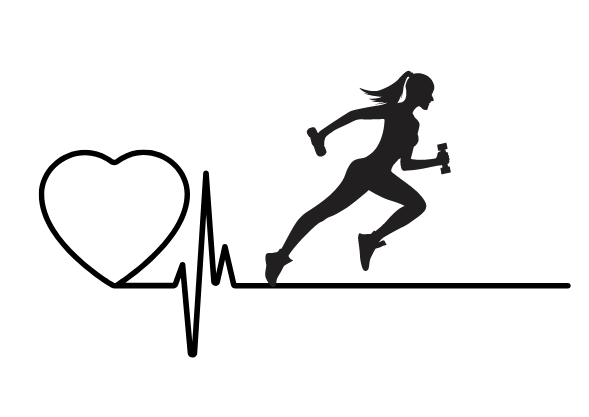

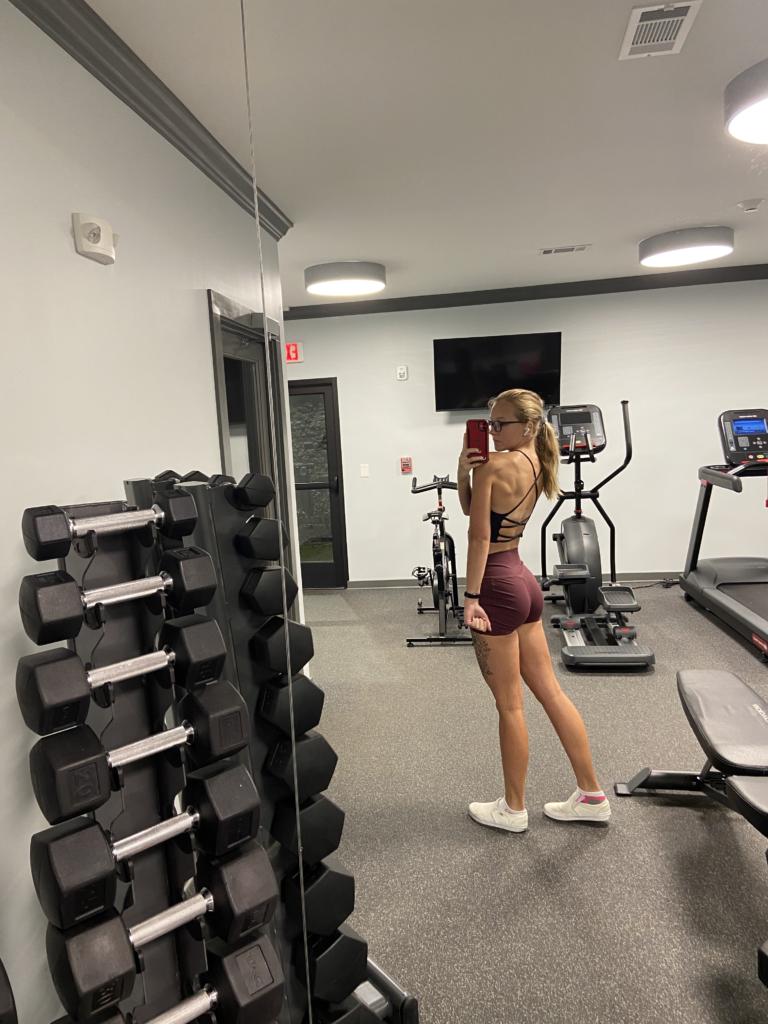
Pingback: Personality Paralysis: The Pursuit of Perfection - Breanna Williams
I do not even know how I ended up here but I thought this post was great I do not know who you are but certainly youre going to a famous blogger if you are not already Cheers
Thank you! I’m glad you enjoyed the post!
La weekly This was beautiful Admin. Thank you for your reflections.
I’m glad you enjoyed it. Thank you for reading!
Pingback: Hidden Struggles: How Inner Voices Distort My Identity - Breanna Williams